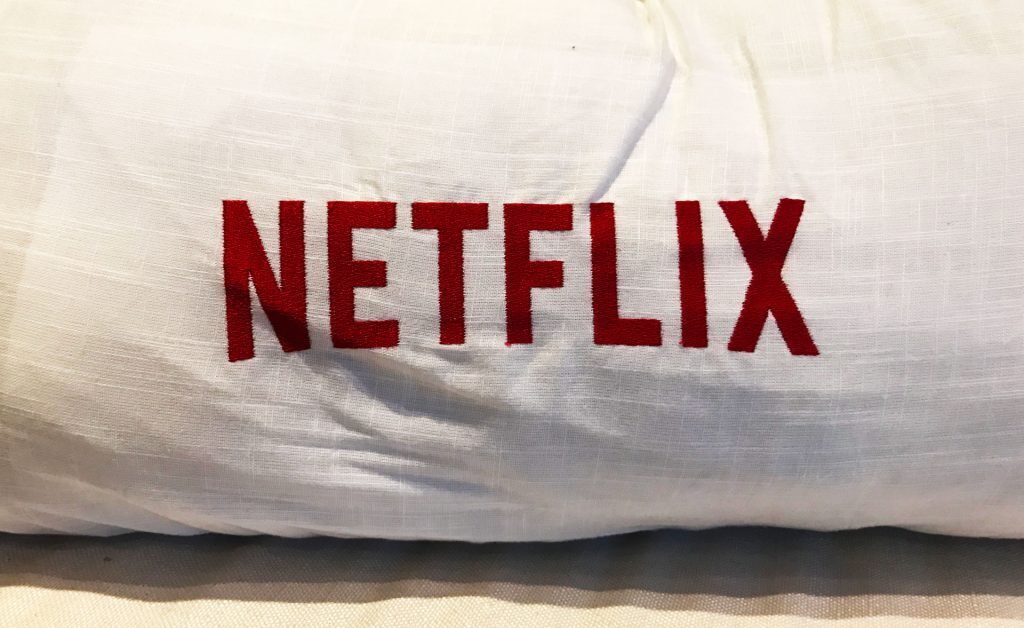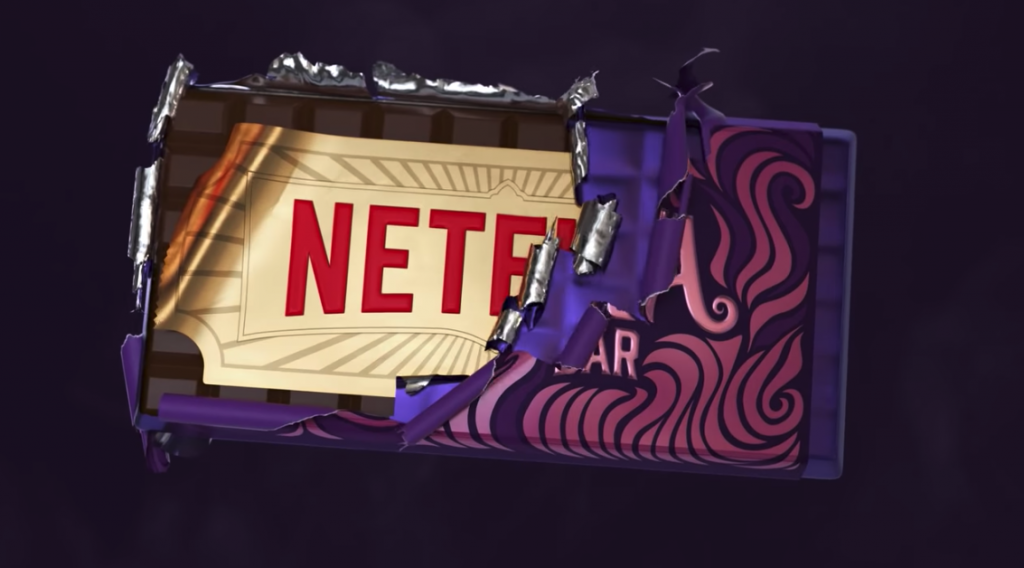Now that Netflix has done away with the free trail that everyone apparently loved so much that creating a new email account every month was worth the effort, the streaming service is looking at ways of making the platform more accessible. While you do have the option of watching a handful of Netflix shows and movies for free, it’s certainly not as robust as a full-fledged free trial. Having said that, the newly announced StreamFest isn’t all that much better as while it does offer Netflix’s entire catalogue for free it’s only for a couple days so participants better start working on those time machines.
StreamFest, which will at first only take place in India as a means of testing the concept, is all about getting a test drive of the service in as many hands as possible. Information on the event was initially uncovered in the code for the Netflix mobile app and the company was quick to confirm that it was real. StreamFest will essentially allow everyone with an internet connection in a country access to Netflix for two days. No payment will be required as users are able to consume as much Netflix as possible within the span of 48 hours.
Netflix’s COO Greg Peters confirmed the event during the company’s Q3 earnings call. “We think that giving everyone in a country access to Netflix for free for a weekend could be a great way to expose a bunch of new people to the amazing stories that we have,” said Peters.

While the event will be kept in India for the time being as Netflix no doubt measures user engagement and server capacity, it’s a pretty decent bet that if StreamFest is a success the video-on-demand service will most likely bring it over to other countries. The introduction of StreamFest makes sense given the cancellation of the free trial, which got more than a few people a little hot under the collar. Is it a better move for consumers? Definitely not. Yet Netflix will probably still enjoy a spike in interest during the StreamFest dates.
StreamFest in India kicks off on 4 December and will run for 48 hours to end on 6 December.
(Source: Protocol)




